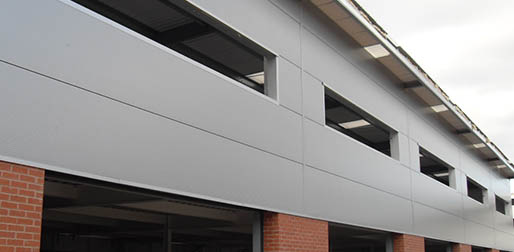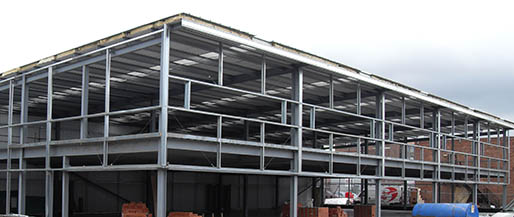News
rp ap qeqe
2023-07-03
rp ap qeq
2023-07-03
rp ap qe
2023-07-03
rp ap q
2023-07-03
rp ap
2023-07-03

Broughton Court: Cladding Goes Up
16th October 2009
Broughton Court: Concrete Floors Poured
2nd October 2009

Broughton Court: Roof and First Floor System Ready
1st September 2009
France and Germany exit recession
13 August 2009
House prices rise for third month in a row
31 July 2009

Broughton Court Sees Steel Frame Go Up
13th July 2009
Marketing of Scheme Launched
4th June 2009
Drainage Completed
4th June 2009
France and Germany exit recession
13 August 2009
The French and German economies both grew by 0.3% between April and June, bringing to an end year-long recessions in Europe's largest economies.
topreplicawatches.me
Swiss automatic cheap Replica Watches at affordable prices for men and women.
Stronger exports and consumer spending, as well as government stimulus packages, contributed to the growth.
The data came as a surprise, with few analysts expecting Germany and France to start to recover so soon.
But economic activity in the eurozone fell by 0.1%, showing the region as a whole is still in recession.
It was the fifth consecutive quarter of economic contraction in the eurozone, but was a marked improvement on the 2.5% drop recorded in the first three months of the year.
UK reaction
Markets reacted positively to the news, with the main German and French markets up more than 1% at midday.
In London, the FTSE 100 index rose 1.3%, with traders anticipating a positive effect on the UK economy, which by contrast shrank by 0.8% in the second quarter.
Asked about why the UK seemed to be lagging behind, Business Secretary Lord Mandelson said: "Different economies will show different patterns of behaviour."
"But the key point is all these economies rely on each other - 55 to 56% of our trade is with the rest of Europe. So when [they are] recovering that is good news for our manufacturers and our exports here."
'State umbrella'
Exports in Germany - the world's largest exporter - grew by 7% in June, the fastest pace in nearly three years.
The country's Federal Statistics Office said that household and government expenditure had also boosted growth.
It added that imports had declined "far more sharply than exports, which had a positive effect on GDP growth".
Analyst reaction to Germany's recovery was mixed.
"The recession has ended, and it has ended sooner than we all thought. We expect to see growth of 1% in the third quarter, which is very strong for Germany, and I wouldn't rule out the chance of even better growth," said Andreas Rees at Unicredit.
Others were more circumspect, arguing that the economy is over-reliant on government stimulus packages.
"What we're seeing is the impact of fiscal policy. The question is how lasting [the recovery] will be. There are lots of problems we haven't solved. In particular, the banking sector is still reliant on the state umbrella," said Jens-Oliver Niklasch at LBBW.
"As long as it's not clear that the bank's capital base is robust, we can't assume that the crisis is over."
Consumer spending
In France, economy minister Christine Lagarde said: "The data is very surprising. After four negative quarters France is coming out of the red."
Ms Lagarde said that consumer spending and strong exports had helped to pull France out of recession.
"What we see is that consumption is holding up," she said.
Official figures showed that household consumption rose by 0.4% in the second quarter.
She said government incentive schemes for trading in old cars, together with falling prices, were helping consumers.
Foreign trade contributed 0.9% to the GDP figure - a "very strong impact", said Ms Lagarde.
"[The figures are] a positive surprise, as many people were expecting slightly negative numbers," said Marie Diron at Oxford Economics.
But she warned that growth was "still very fragile".
"Investment is down, we still have surprisingly low stock levels, and growth is boosted by the fact that imports fell sharply," she added.
Story from BBC NEWS: http://news.bbc.co.uk/go/pr/fr/-/1/hi/business/8198766.stm
